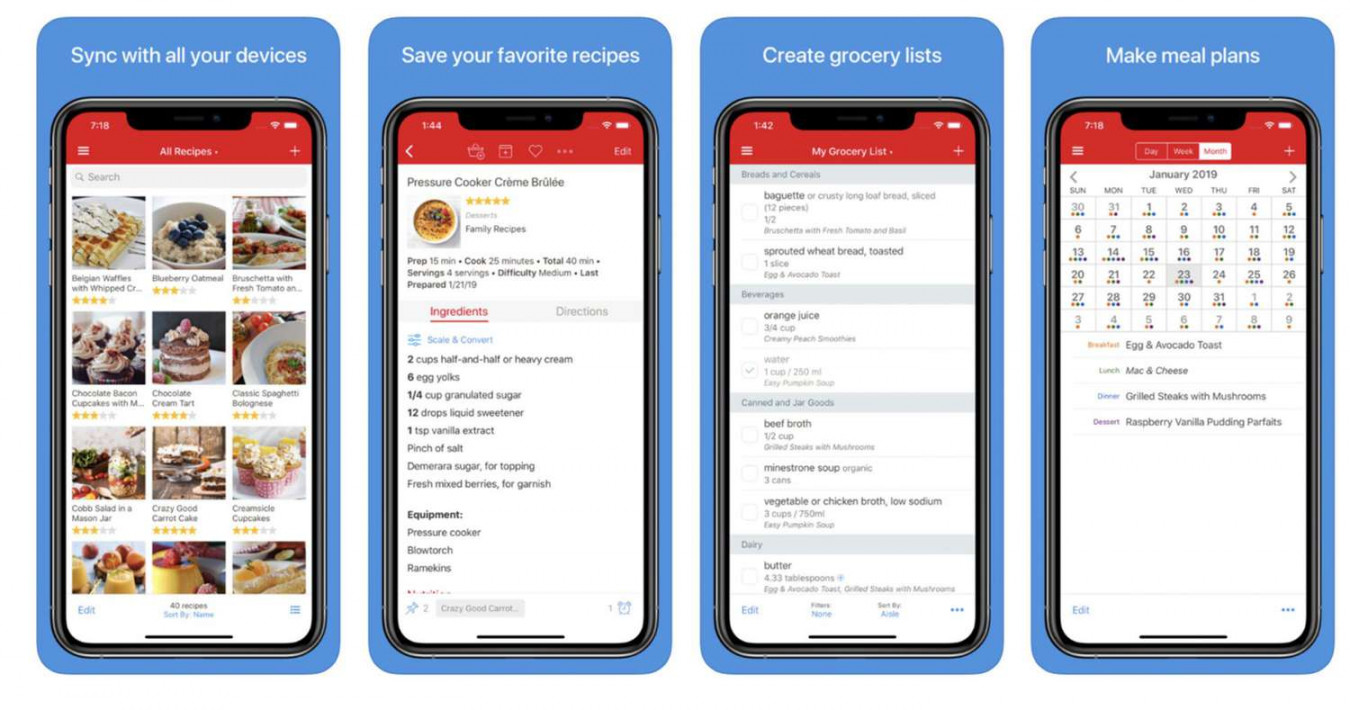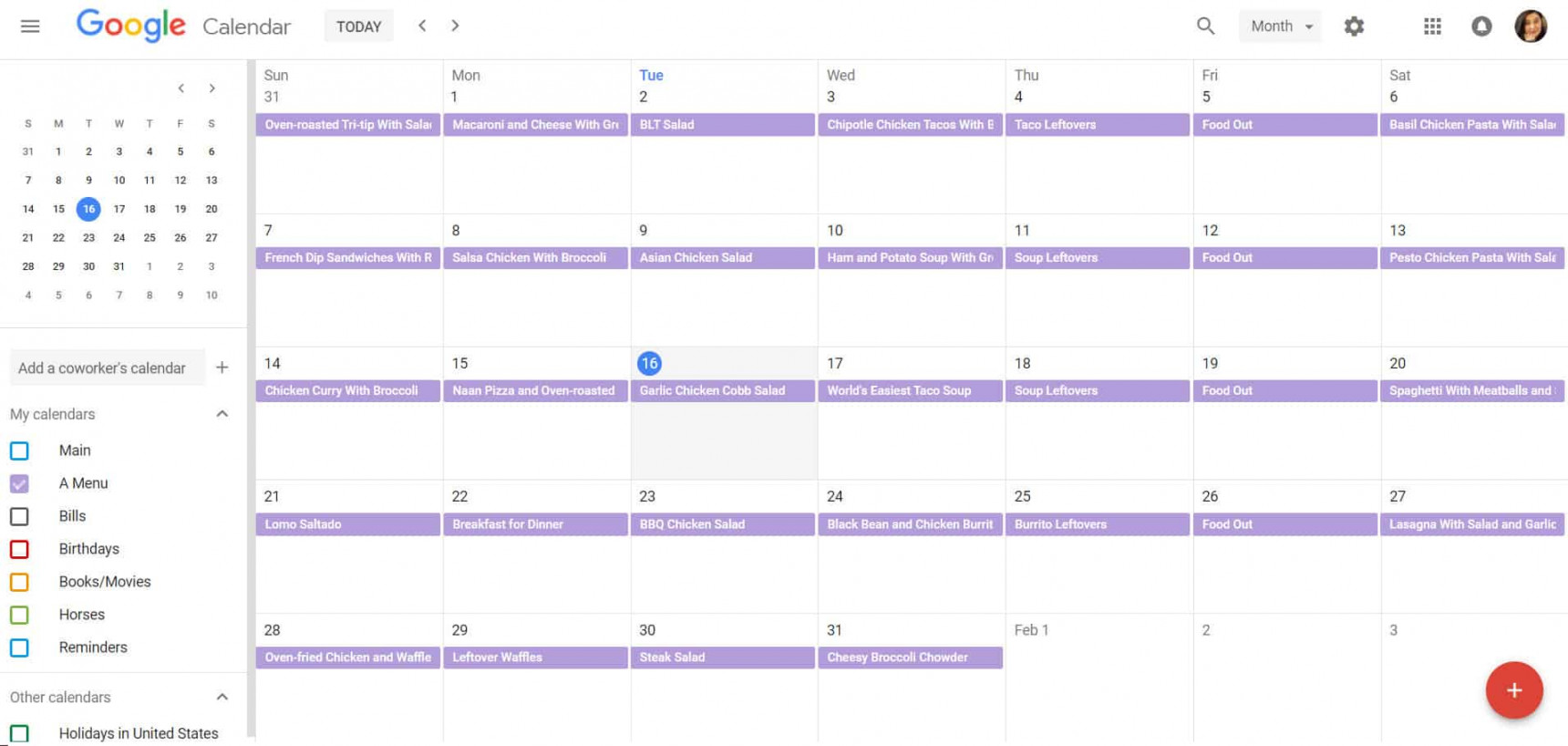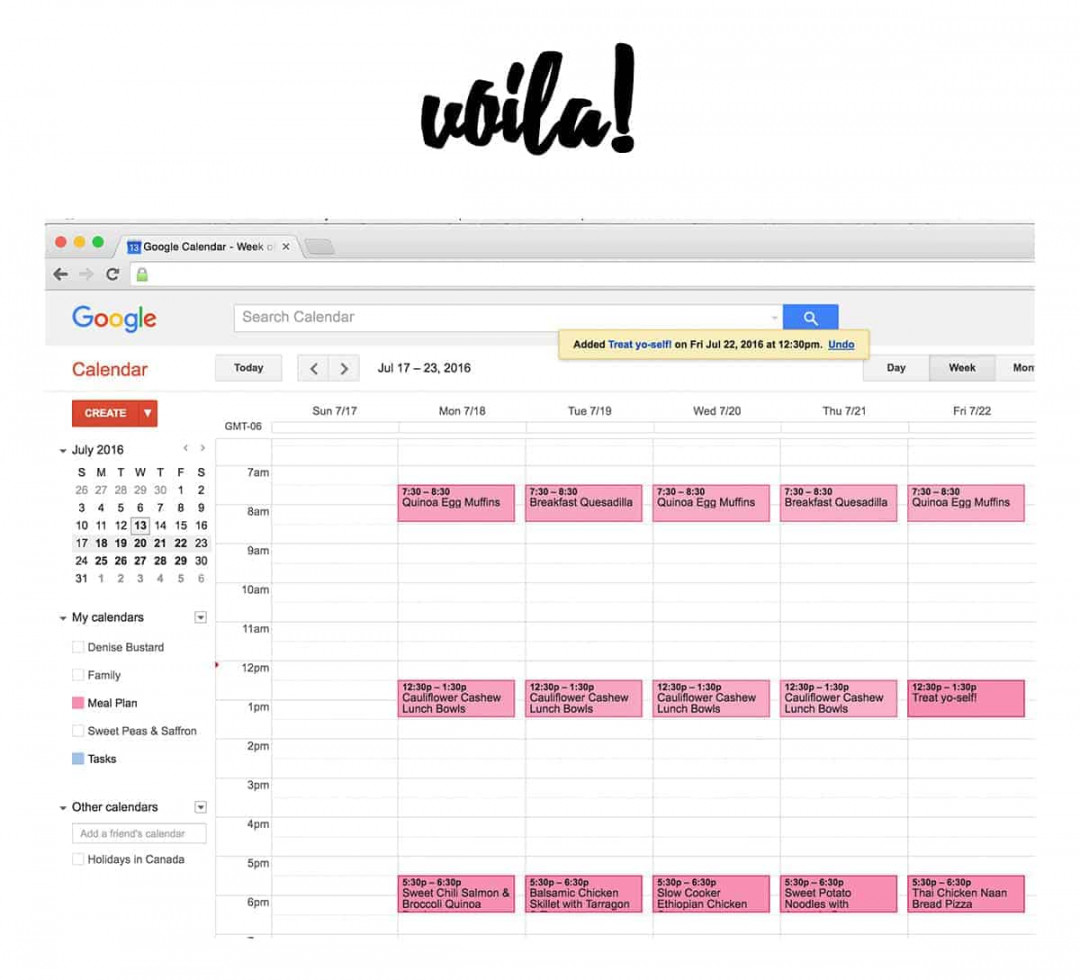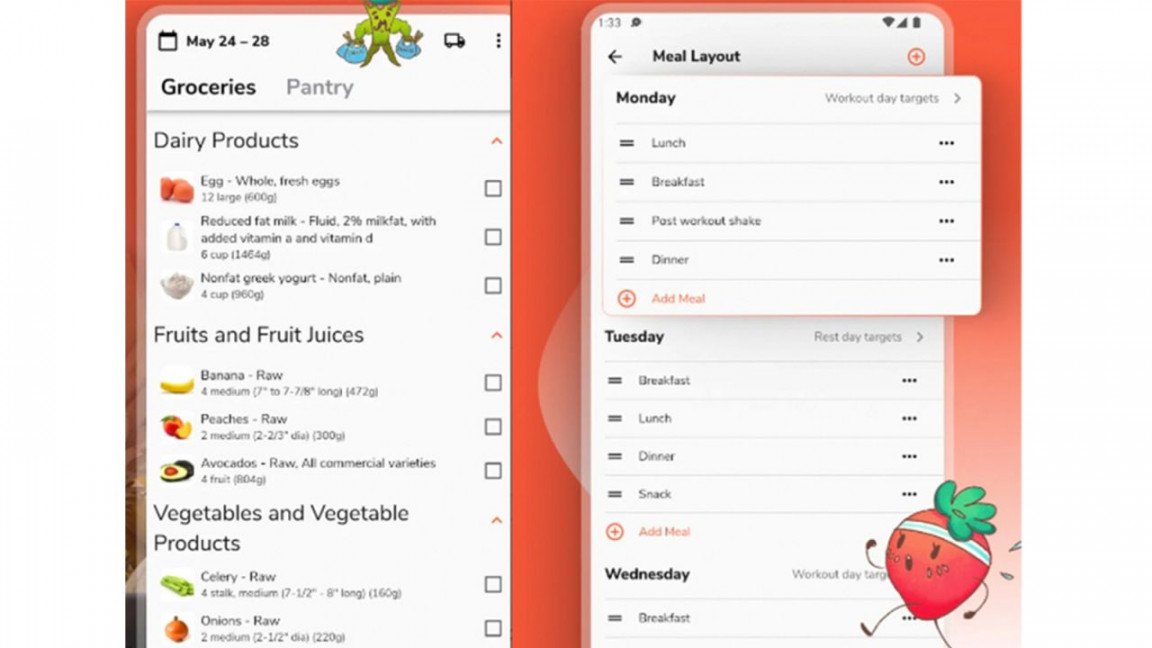Meal planning magic: Save time with these strategies by working smarter, not harder
Dedicating a specific day and time, cooking in batches for convenience, doing meal prep in advance and using smart cooking tools like slow cookers and sheet pans can help save time, money and maintain a healthy diet.

The hustle and bustle of daily life and juggling a work-life balance spares little time for planning meals, causing people to spend excessively on take-out and fast-food options.
University of Alabama at Birmingham employee wellness manager Emily Davidson provides tips on planning meals that can save time and money and help maintain a healthy diet.

Dedicate a specific time
The first step is to choose a specific day or time each week to plan meals. Davidson recommends Sunday and Monday as the best choices but reinforces to pick a day and time that aligns best with one’s schedule.

“Create a consistent routine considering your weekly schedule,” Davidson said. “Go for easy recipes on busy days and reserve the complex ones for a day when you have more time to spare. If you want to find innovative, easy-to-cook recipes, social media platforms are a great tool to utilize.”
Once a specific day and time are allocated, look for deals at the local grocery store and make a weekly menu around discounted items. To streamline grocery shopping, write out other ingredients that are needed to implement the menu.

Cook for convenience: Cook in batches
Davidson recommends cooking larger quantities of dishes that can be easily reheated or repurposed for leftovers. Good options for cooking in batches include soups, stews and casseroles because “these items freeze well and are great to have on hand, especially when you’re busy and don’t have time to cook,” she said.
This strategy will save time and ensure availability of healthy meals for busy days, reducing stress.
Do meal prep in advance
Davidson advises meal prepping in advance, making use of extra time. This includes chopping vegetables, marinating proteins or pre-cooking grains. This advance preparation will make the cooking quicker and more convenient. Another beneficial idea is to prepare ready-to-go lunches or portion out snacks for the week.
“A helpful strategy is to cook a substantial amount of protein at the beginning of the week and use it in different dishes each day,” Davidson said. “For example, cook a few pounds of ground turkey, which can be used in tacos one day, a pasta dish the next and so on. This approach saves time and adds variety to your meals.”
Work smarter with pans
To make the cooking process smooth, consider using a slow cooker or sheet pan. Slow cookers are convenient and cost-effective tools for preparing meals. Simply add all the ingredients, set it, and let it cook. Sheet pan meals are another time-saving option that allows cooking everything on a single pan, lessening prep and cleanup time.
“Whether it’s a salmon and vegetables combination or a chicken and squash medley, sheet pan meals are ideal for those who have a busy schedule and do not want to spend hours in the kitchen,” Davidson said.
She reminds people that meal planning is a process, and it may take some trial and error to find the best fit. “Stay open to trying new strategies, and be patient with yourself,” Davidson said.


